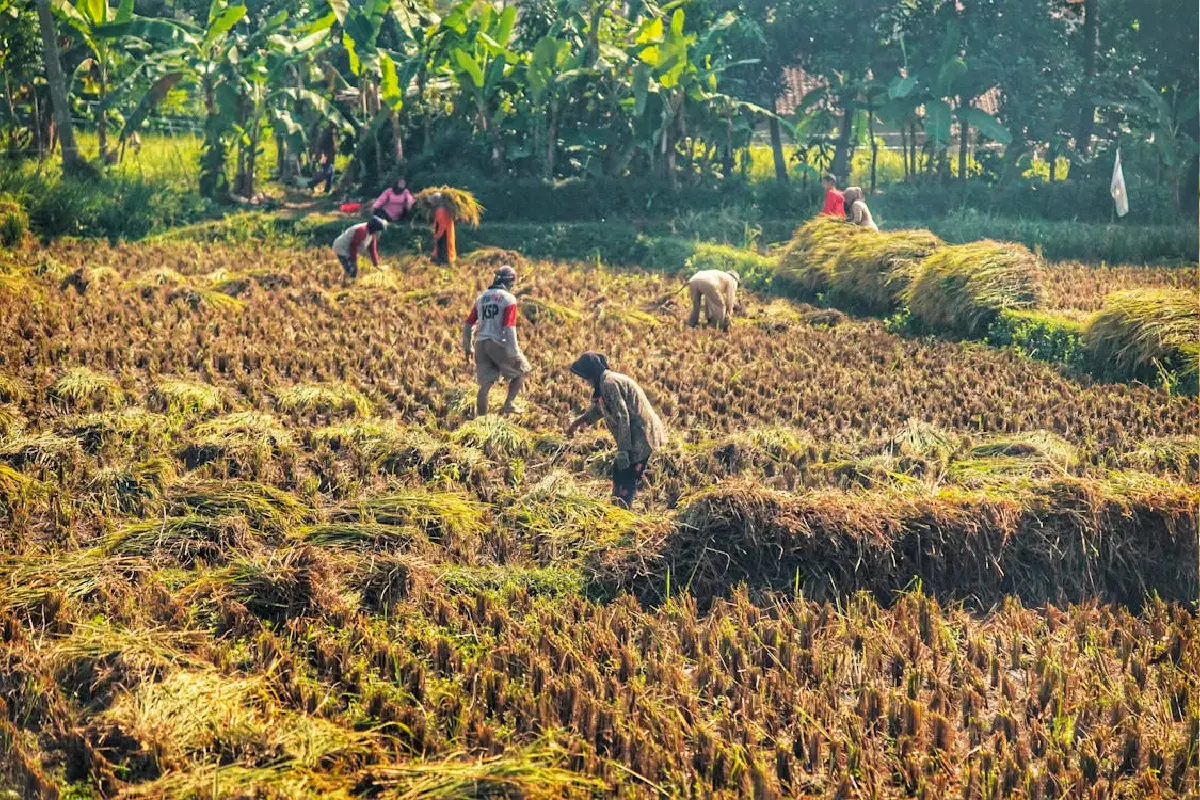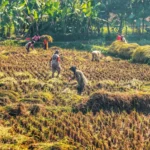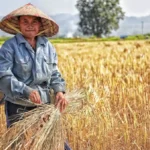-
-
-
120 Chalk Street Lutwyche QLD 4030
Sustainable Farming as the Key to a Healthy Planet

04
Sep
Sustainable Farming as the Key to a Healthy Planet
The way we grow food has a significant impact, on the health of our environment. Soil erosion, water scarcity, and biodiversity loss are all common outcomes of traditional farming systems. On the other hand, sustainable farming focuses on generating enough food while protecting the environment. It employs measures that protect soil fertility, conserve water and reduce pollution. With the world’s population increasing, sustainable farming is more crucial than ever. It not only assures food security but also helps to combat climate change and protect our ecosystem for future generations.
- What is Sustainable Farming?
Sustainable farming refers to adopting farming methods, that protect the environment while producing food. It prioritises long term results, above quick profits. Crop rotation, organic fertilisers and reduced chemical use are among the measures, used by farmers to maintain soil health. This strategy, also promotes natural ecosystems, enabling plants, animals and humans to coexist. The main goal is to grow food without destroying the land or the resources we depend on.
- Why does Soil Health Matter?
Soil is the base of all farming. Crops cannot grow well without healthy soil, resulting in decreased food output. Composting, cover cropping, and reduced tilling are examples of sustainable agricultural strategies that promote soil fertility. These strategies allow the soil to store more nutrients and water. Healthy soil also absorbs carbon from the atmosphere, so mitigating the consequences of climate change. Farmers who care for their soil can ensure that it remains fertile for many years to come.
- How does Sustainable Farming Save Water?
Water is one of the most valuable resources on Earth. Traditional farming often wastes water due to over irrigation. Drip irrigation, rainwater harvesting and effective water management are all examples, of sustainable farming practices. These approaches prevent, water waste and guarantee that crops receive the appropriate amount of water. Sustainable farming saves water while also protecting rivers, lakes and underground water supplies all of which are critical for both humans and wildlife.
- Impact of Sustainable Farming on Biodiversity and Nature
Sustainable farming does more than only produce food; it also conserves biodiversity. Using less pesticides allows bees, butterflies and other pollinators to survive. Crop diversity protects against pests and diseases, minimising the need for toxic pesticides. Planting trees and hedges around farms provides habitat for birds and small animals. When biodiversity thrives, the entire ecosystem strengthens and improves, making agriculture more resilient to environmental threats.
- Can Sustainable Farming Feed the Future?
One of the most pressing problems, is whether sustainable farming can feed the world’s rising population. The answer is yes. Sustainable farming may provide, enough food by enhancing soil fertility; minimising waste and utilising cutting edge technology. It also makes farming more environmentally friendly and reduces reliance on costly chemical inputs. Sustainable farming, with increased support and awareness, has the potential to provide healthy food while safeguarding our environment for future generations.
Wrapping Up
Sustainable farming entails more than just crop production; it is about striking a balance between people, food, and the environment. If widely adopted, it has the potential to prevent climate change, alleviate food insecurity, and save the environment. The key to a brighter future is to make farming sustainable, allowing both the Earth and its people to thrive.




